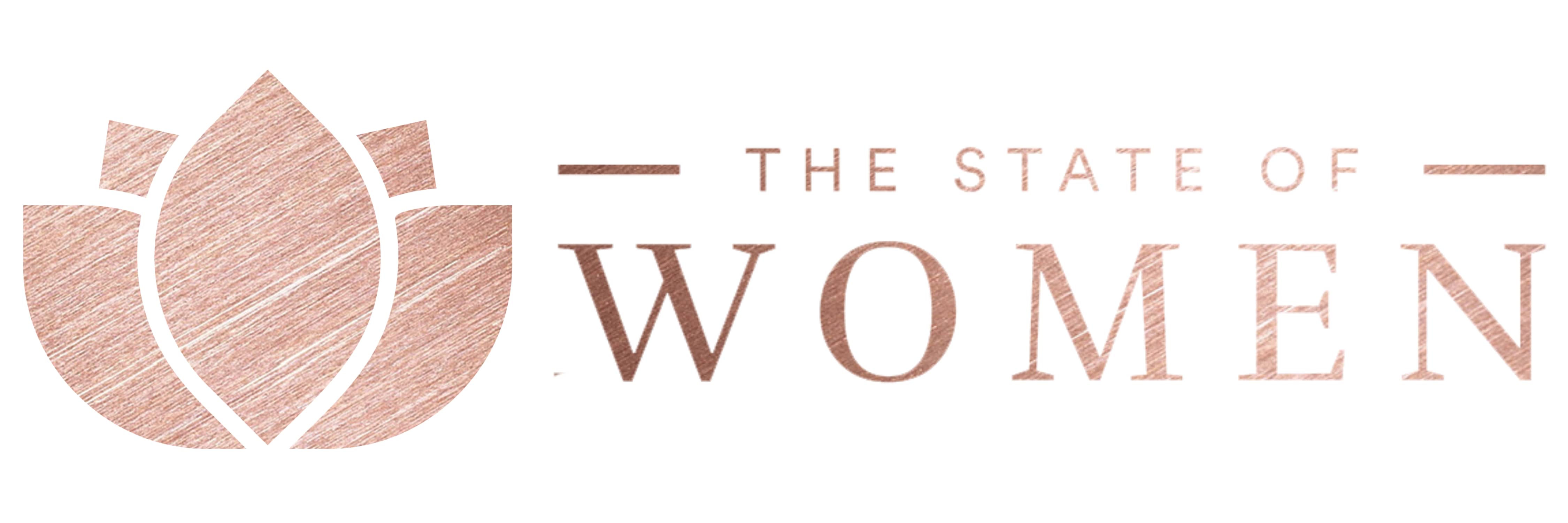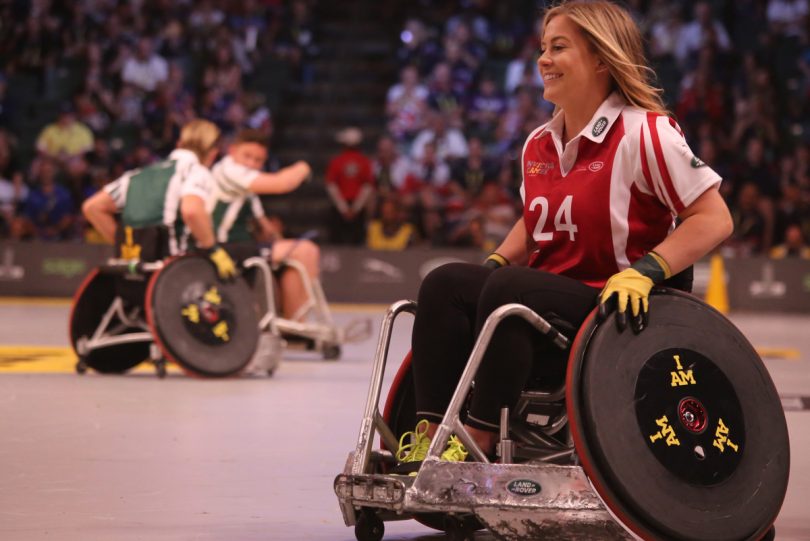Disability is a feminist issue, but we often fail to consider disability in feminist policies or gender in disability policies. Everything from the need for representation and dealing with expectations and stereotypes, to encouraging girls and women to love themselves and paving the way for others to tell their stories, is central to both feminist and disability work.
Now, the Committee on the Rights of Persons with Disabilities is helping to promote disability visibility and advocacy with a statement about the rights and needs of women with disabilities–and society’s responsibilities toward them.
Click through to read an outline of the statement from the Women’s UN Reporting Network, or read the full General Comment; which discusses the main areas of concern for girls and women with disabilities, recommendations for practical steps to better serve everyone in our communities, a call to repeal discriminatory legislation and more. And always remember–we’re fighting for the rights and empowerment of all women.
wunrn.com – States too often fail to uphold their obligations with regard to women and girls with disabilities, treating them or allowing them to be treated as helpless objects of pity, subjected to hostility and exclusion, instead of empowering them to enjoy their fundamental human rights and freedoms, the Committee on the Rights of Persons with Disabilities (CRPD) has said.
“Policies for women have traditionally made disability invisible, and disabilities policies have overlooked gender. But if you are a woman or a girl with disabilities, you face discrimination and barriers because you are female, because you are disabled, and because you are female and disabled,” said Committee member Theresia Degener.
To help to address this, the Committee has issued guidance for the 166 States that have ratified the Convention on the Rights of Persons with Disabilities on how they can promote the empowerment of women with disabilities to enable them to participate in all spheres of life on an equal basis with others, as set out in the Convention and expressly in Article 6.
The guidance, termed a General Comment, stresses that refraining from discriminatory actions is not enough. States need to empower women by “ raising their self-confidence, guaranteeing their participation, and increasing their power and authority to take decisions in all areas affecting their lives.”



